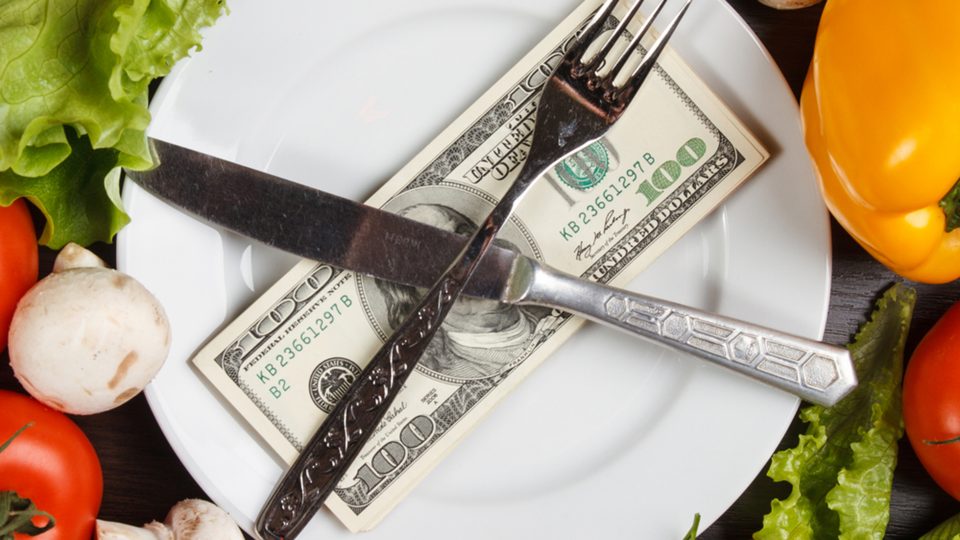Going organic and all-natural on a tight budget is tough but the fact of the matter is eating organic is not only better for you (nobody wants to eat pesticides) but better for the environment as well. So how do you do it without going flat broke? Though it may seem impossible
Here are some tips to help you out:
- Grow your own
If you can at all, try to grow your own produce. You can save so much money on vegetables if you invest some time in a small kitchen garden. You can purchase garden seeds or seedlings from local businesses. Some of us are in the city with little to no garden space but you can try growing your bell peppers and tomatoes in pots. Raised beds are another great way to pack a lot of veggies into a small space.
2. Eat less meat
Meat is expensive, buy less and make vegetables the center of attention. When you do buy meat buy cheaper cuts like shoulder and belly, they take longer cooking but are often tastier than the prime cuts.
- Do it yourself, rather than buying
Make your own organic granola bars, kale chips, smoothies to replace store-bought ones. You can even make your own coconut, almond, and cashew milk which would cost you way less.
4. Buy in bulk
Buying some produce in bulk can help you save money in the long run. Bulk buy products are often cheaper. Stick to pasta, pulses, dried foods, and vegetables that have a long life like potatoes and onions.
5. Use your freezer
Buy local produce when in season and freeze to save for out of season. We all know that fruits and vegetables are more expensive when out of season. You can also freeze your leftovers which gives them a longer life span and saves you from cooking multiple times in a week.
6. Cook from scratch
Convenience foods are more expensive than cooking raw ingredients from scratch as long as you look after your ingredients and use them sparingly. I like to cook extra portions of food that I can eat for lunch the next day or freeze for use in the future.

